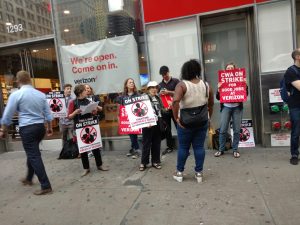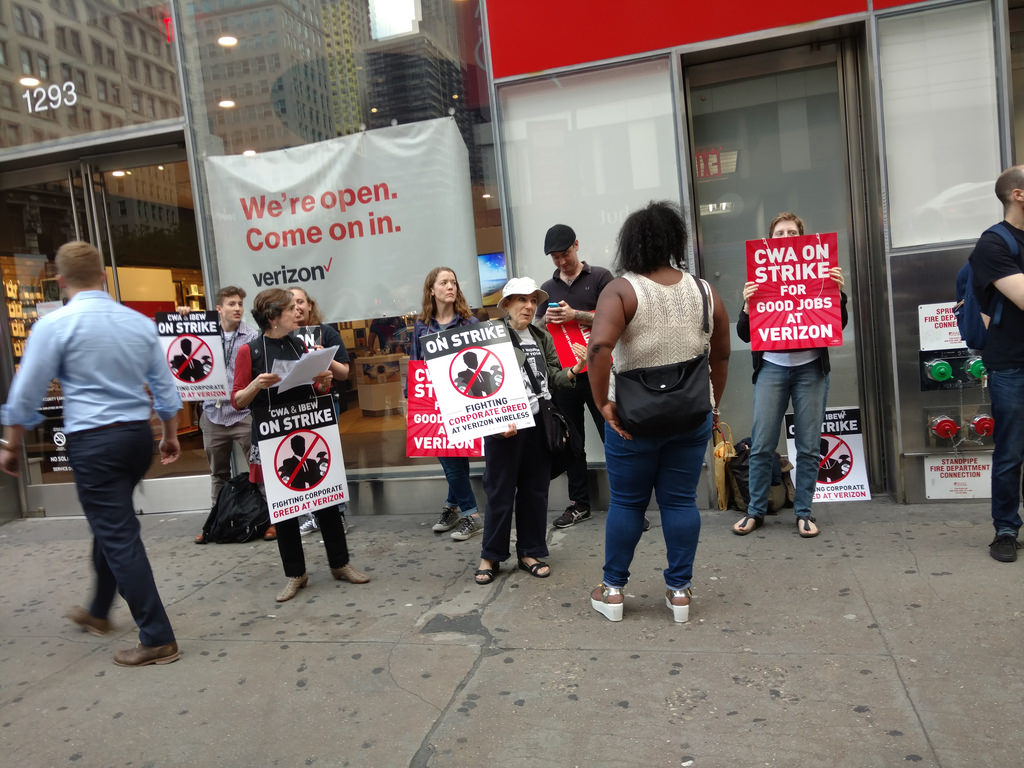
Protected Industrial Action.
One of those areas of industrial relations that receives more than it’s fair share of negative publicity.
Some say that employees should be prohibited from taking protected industrial action. Their claim is that it holds the employer to ransom.
Personally, I believe that it is only poorly managed businesses that should be fearful of it.
Clarification First
Before we get too far in, I’ll clarify a few misconceptions around industrial action.
From here on in, industrial action only refers to industrial action that relates to the Fair Work Act. Industrial action under relevant health and safety legislation is something different.
Protected Industrial Action.
This is where the employees have applied to the Fair Work Commission to ballot. Held a ballot, which has been successful, and then notified the employer.
It can only happen during the period of enterprise agreement negotiations.
And, in the following circumstances.
- Application is made by one or more bargaining representatives of an employee, who will be covered by a proposed enterprise agreement which is not a greenfields or multi-enterprise agreement
- Application is made no more than 30 days before the nominal expiry date of any existing agreement
Unprotected Industrial Action
This is when employees take industrial action without prior approval of the FWC.
In these situations, the employees are breaking the law.
It is then up to you to decide what action you take next.
Can It Be Prevented?
In a nutshell, protected industrial action cannot be prevented. Though you can apply to have protected industrial action stopped under certain circumstances.
My view is that a ballot for industrial action serves as a good litmus test on the level of employee engagement.
If the ballot is successful, then you haven’t adequately engaged your employees, or you aren’t listening to what they are saying.
Remember, it is the employees who decide whether the ballot will be successful.
Not the bargaining reps, or union officials.
How Can You Mitigate Your Risk?
Below are some steps that you can take to help reduce the chance of a successful ballot.
- Don’t leave enterprise agreement negotiation until the last minute
- Have your draft agreement voted on and agreed to, well before the current one is due to expire
- When in the ‘bargaining period’, keep employees updated on meeting outcomes
- Outside of the bargaining period, don’t treat your employees like mushrooms
The above give you a brief list of things that you can do to mitigate your risk.
That being said, there are additional things that can be done to reduce the chance of a successful ballot, and they will vary from business to business.
If you would like to know more on how to reduce the chance of a successful protected industrial action ballot, please contact us via the contact form or schedule a time for an free phone/skype consultation.
If you have any questions about protected industrial action, feel free to ask it on the IRSimplified Forum, Simplifying Industrial Relations Facebook group, or on LinkedIn.
